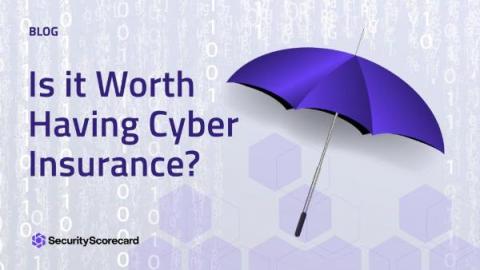Cyber Insurance Statistics - Payouts, Claims and Facts 2023
A data breach may not only damage your computer system or IT infrastructure, but it may also destroy your brand reputation. The consequences of a data breach may be very horrific, which may lead organisations, whether they be large companies or small businesses, to bankruptcy.









